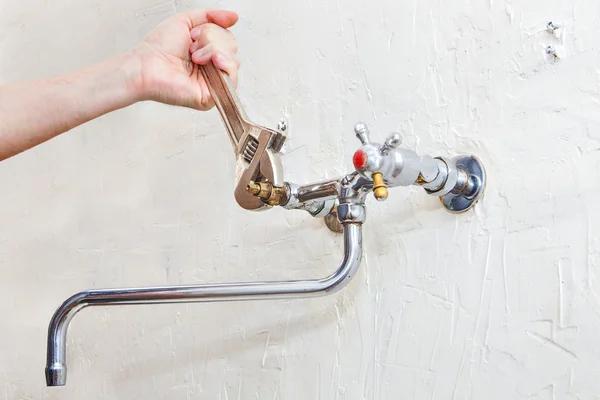
The foundation of a home is the bedrock upon which it stands. It supports the entire structure and ensures its stability. However, foundations are not impervious to damage, especially from environmental factors like rain and flooding. These natural occurrences can cause significant harm if preventative measures are not taken.
Rainwater accumulation around a home’s foundation is one of the primary causes of structural damage. Continuous exposure to water can weaken the soil supporting the foundation, leading to settling or shifting over time. This often results in cracks in walls and floors, doors and windows that won’t shut properly, or even worse – severe structural instability.
Flooding presents an even find out more immediate threat to your home’s foundation. The forceful rush of water can erode soil rapidly, causing sudden shifts that could lead to catastrophic damage. Furthermore, when floodwaters recede they leave behind saturated soil which exerts pressure on basement walls potentially resulting in cracks or collapses.
Preventing such damages involves several strategies aimed at diverting water away from your home’s foundation. First off is proper grading; ensuring your yard slopes away from your house will keep rainwater from pooling near the base of your structure where it can seep into the ground and weaken support soils.
Gutters and downspouts also play a critical role in preventing foundation damage by directing roof runoff away from your house’s base instead of allowing it to drip down exterior walls onto vulnerable areas below ground level. Make sure gutters are clean so they don’t overflow during heavy rains, ensure downspouts extend at least five feet away from your house’s perimeter.
Another important preventive measure is installing a sump pump system for homes with basements prone to flooding or high groundwater tables. A sump pump collects excess water entering through basement walls or floor then discharges it safely outside before it has a chance to saturate surrounding soils.
In some cases where there’s persistent moisture around foundations due to poor drainage conditions, a French drain system might be necessary. This involves digging a trench around the perimeter of your foundation, filling it with gravel and installing perforated pipe that collects excess water and diverts it away from your home.
Preventing foundation damage from rain and flooding is not only about preserving the structural integrity of your home but also about ensuring the safety of its occupants. Regular maintenance checks are crucial to spot early signs of potential issues before they escalate into more serious problems. Should you notice any warning signs such as cracks in walls or floors, doors sticking or windows jamming, immediately consult with professionals who specialize in foundation repair to address these concerns promptly.
In conclusion, weathering the storm requires proactive measures to protect your home’s foundation from rain and flood damage. With careful planning and regular upkeep, you can prevent costly repairs while maintaining a safe and secure living environment for you and your family.


